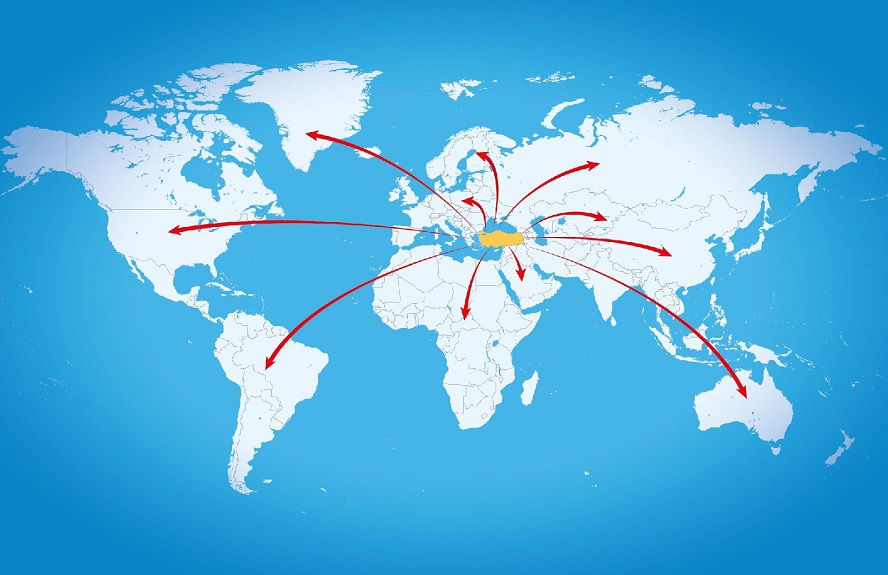
International Shipping and Transportation: A Unifying Force in the Global Business World
International Shipping and Transportation: A Unifying Force in the Global Business World
Introduction:International shipping and transportation is a significant sector that facilitates the movement of goods and services in the global business world. Globalization and technological advancements have made it easier for companies to access international markets, triggering the growth of international trade. In this blog post, we will focus on the importance of international shipping and transportation and the necessary elements for successful management.
International shipping and transportation serve as the lifeline of global trade. Businesses rely on international shipping and transportation services to deliver their goods and services to customers worldwide. Various modes of transportation such as sea, air, road, and rail enable the secure, fast, and efficient movement of goods and services to international markets.
International shipping and transportation are closely related to logistics and supply chain management. Effectively transporting goods involves factors such as inventory management, customs procedures, storage, and distribution. Logistics and supply chain management optimize processes, reduce costs, and increase customer satisfaction.
International shipping and transportation are subject to regulatory rules and customs procedures in different countries. To be successfully managed, companies need to comply with international regulations and customs legislation. Proper preparation of import and export documents, accurate processing of customs declarations, and compliance with customs requirements form the foundation of a smooth international transportation process.
Security and risk management are crucial aspects of international transportation processes. Various risks can arise during the shipment of goods and services, so it's important for companies to take security measures and effectively manage risks. Elements such as insurance, customs compliance, tracking systems, and border security are utilized to ensure security in international transportation processes.
International shipping and transportation involve interaction with different cultures, languages, and business practices. Understanding cultural and language differences between different countries is important for collaboration and communication. Cultural sensitivity and effective communication are key to success in international shipping and transportation processes.
International shipping and transportation serve as a unifying force in the global business world, facilitating the movement of goods and services. When managed effectively, it facilitates companies' access to international markets, increases customer satisfaction, and provides a competitive advantage. With the growth of global trade, the importance of international shipping and transportation continues to increase.



